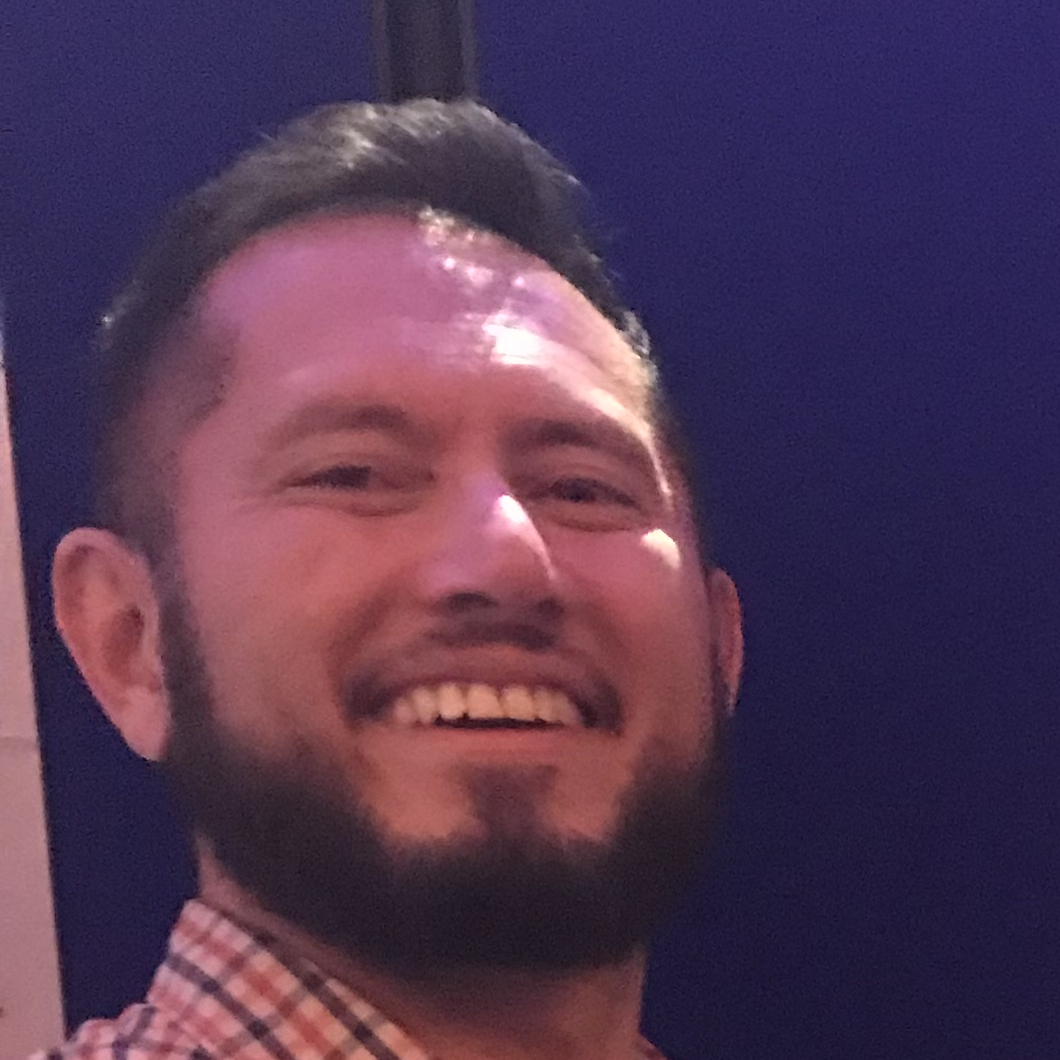Aims
Substance related Internet forums allows for discussion, information exchange, and emotional and peer-support facilitating modern day drug use. Substance related internet forum (SRIF) research remains relatively sparse and methodologies to study these virtual communities are not widely used or understood within the addictions field. The aim of this project was to systematically review the literature to identify the spectrum of methods used to study SRIFs and their associated limitations and strengths.
Methods
A systematic search of the Medline (1946-March 2017) and Embase (1947- March 2017) databases was carried out with search terms encompassing a broad range of substances and overlapping with terms indicating Internet Forums.
Results
6281 studies were screened ultimately identifying 56 studies for inclusion. The forums were used to facilitate the use of image and performance enhancing drugs, prescription opioids, novel psychoactive substances, party drugs, hallucinogens and synthetic and non-synthetic cannabinoids. Methods used to analyse these forums included netnography approaches, web-surveys and online interviews, web-crawling and content analysis as well as machine learning assisted coding.
Conclusions
Increasingly sophisticated methods of studying SRIFs, in part by using machine learning, are becoming necessary in response to the growing mountain of digital data. The methods identified here are replicable across different forums, potentially providing a more accessible picture of internet mediated substance use.
Co-Authors
Dr Mark McCann Research Fellow. MRC/CSO Social and Public Health Sciences Unit. University of Glasgow. email: Mark.Mccann@glasgow.ac.uk Dr Shona Hilton Deputy Director MRC/CSO Social and Public Health Sciences Unit. University of Glasgow. email:
Conflicts of interest:
no conflict of interests
